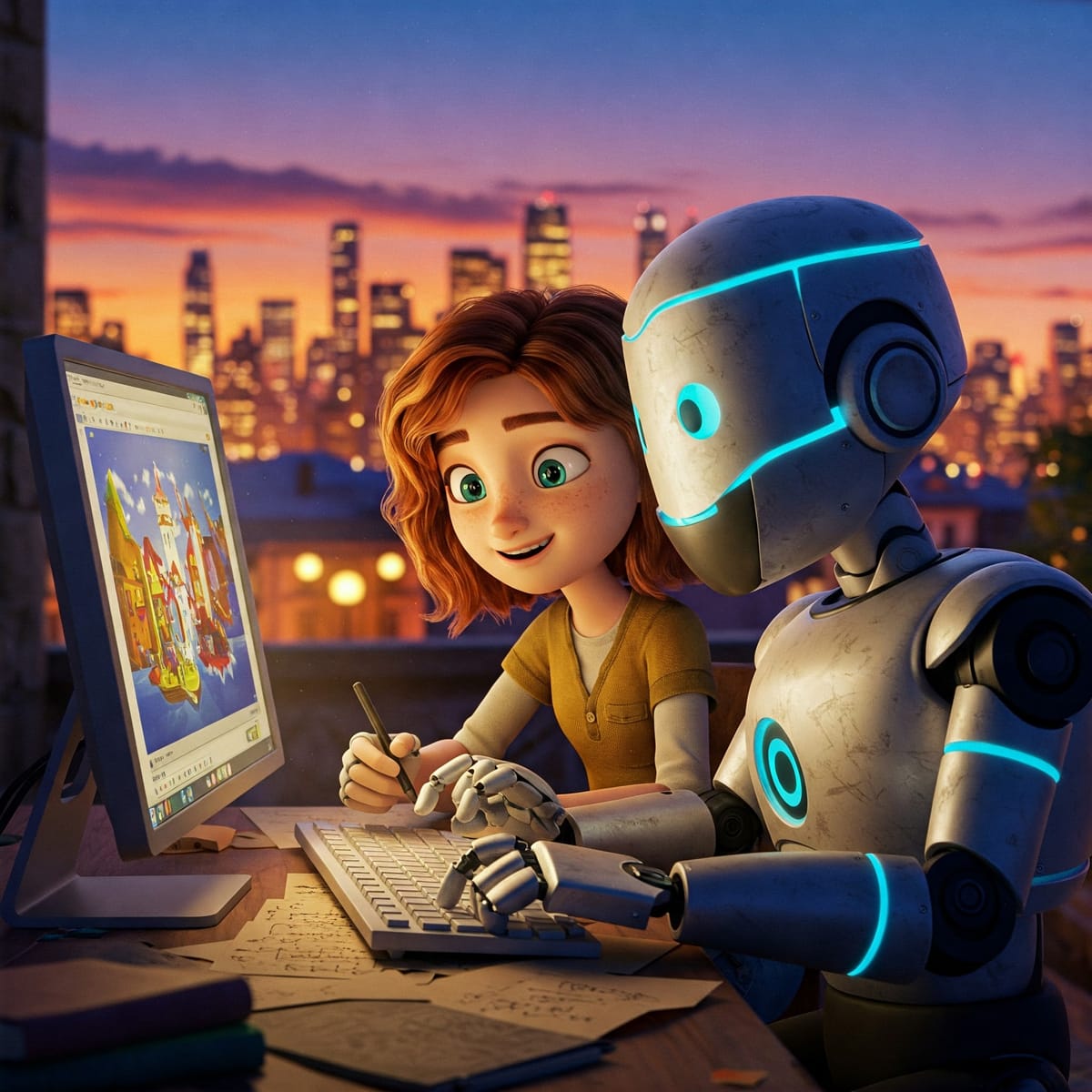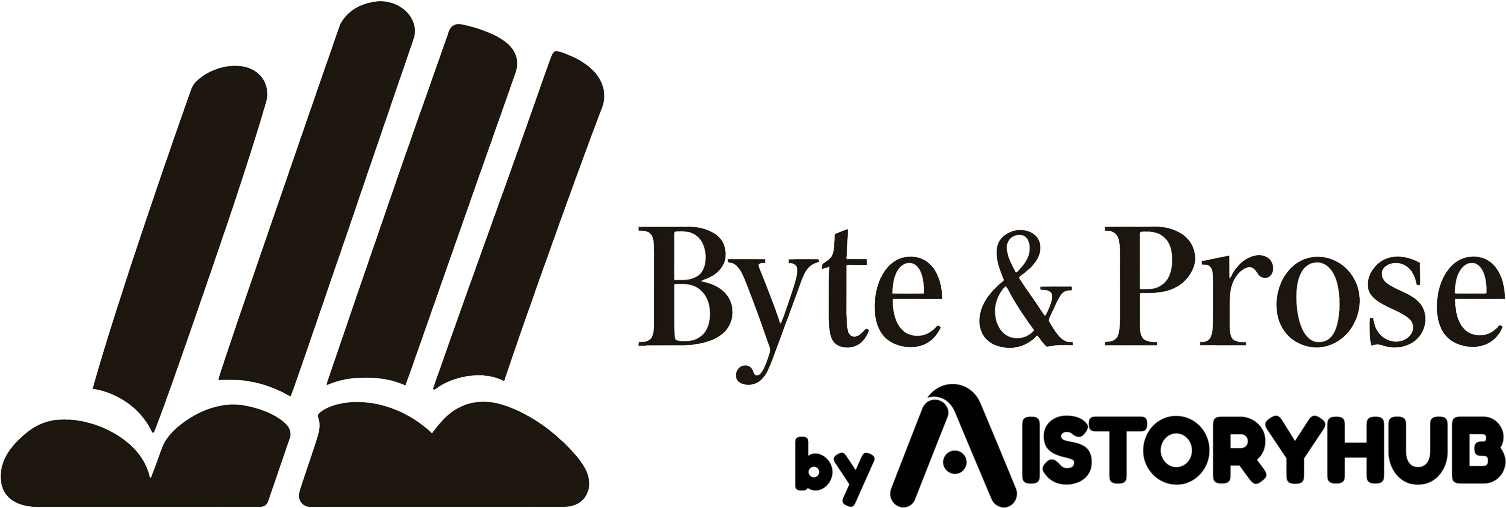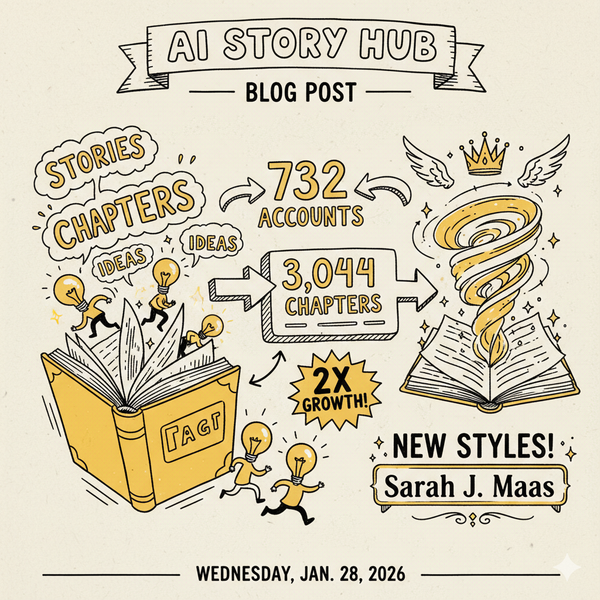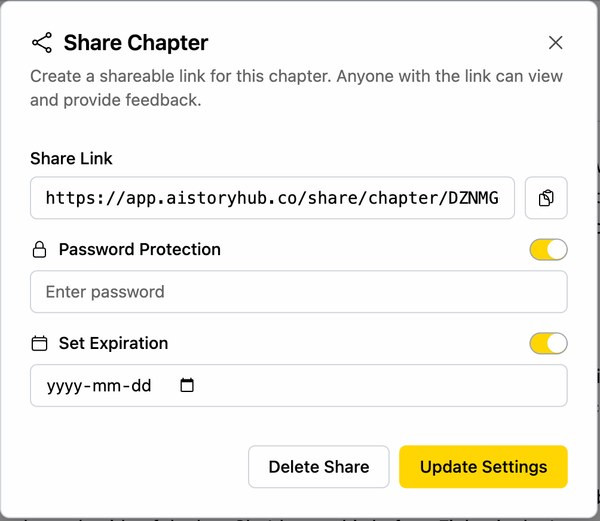The Ethics of AI in Storytelling: Navigating the New Creative Landscape
AI is transforming storytelling. But with it comes ethical dilemmas: plagiarism, authorship, bias. How do we navigate this new landscape while protecting creativity and ensuring fairness? The future of storytelling depends on it.

Artificial intelligence is no longer a futuristic fantasy; it's a tangible force reshaping the creative landscape. AI's influence on storytelling is undeniable, from generating plot bunnies and crafting dialogue to even composing entire scenes. However, This exciting new era brings a host of ethical considerations that writers, readers, and the tech industry must address. Navigating this complex terrain is paramount to ensuring a future where AI amplifies, rather than stifles, the unique power of human creativity.
The Spectre of Plagiarism and Copyright - Protecting the Seeds of Imagination
One of the most immediate concerns is the potential for plagiarism. AI models, trained on massive datasets of existing text, can inadvertently reproduce copyrighted material. The line between inspiration and imitation blurs. How do writers safeguard their originality when using AI tools? Current copyright laws struggle to keep pace with this technological leap. Clearer guidelines and industry best practices are crucial, fostering a culture of ethical AI use that respects intellectual property and protects the seeds of human imagination.
Authorship and Ownership, A Duet of Creation?
As AI's capabilities grow, the traditional concept of authorship is challenged. If an AI generates a substantial portion of a story, who owns the copyright? Is it the writer who provided the initial prompts? The developer of the AI model? Perhaps a new paradigm of "co-authorship" is needed, acknowledging the collaborative nature of creation in the age of intelligent machines. This necessitates a re-evaluation of how we define and protect intellectual property, reflecting the dynamic interplay between human and artificial intelligence.
Bias in the Machine - Reflecting Humanity, Not Just Its Flaws
AI models are trained on data, and if that data reflects existing societal biases, the AI will inevitably perpetuate them. This can lead to stories that reinforce harmful stereotypes, marginalize certain groups, and limit the diversity of perspectives in literature. Writers must be critically aware of these biases, acting as gatekeepers to ensure their AI-assisted narratives are inclusive and representative of the rich tapestry of human experience, reflecting humanity in its multifaceted beauty, not just its flaws.
The Evolving Role of Human Creativity - From Solo Artist to Conductor of the Orchestra:
Perhaps the most profound ethical question revolves around the impact of AI on human creativity itself. Will AI eventually replace human writers? While some fear this dystopian future, a more optimistic, and likely more accurate, perspective envisions AI as a tool that augments, rather than supplants, human imagination. By automating tedious tasks, such as world-building minutiae or generating initial drafts, AI can free writers to focus on the uniquely human aspects of storytelling: emotional resonance, nuanced character development, exploring complex themes, and crafting narratives that speak to the soul. The writer's role may evolve, shifting from solo artist to conductor of an orchestra, orchestrating the talents of both human ingenuity and artificial intelligence.
A Glimpse into the Future - The Symphony of Human and Machine:
Imagine a world where human writers and AI collaborate seamlessly, each enhancing the other's strengths. A writer conceives a powerful story about a dystopian future, and the AI assists in generating intricate details of that world, from its technological infrastructure to its social dynamics. The writer then crafts the emotional core of the story, exploring the characters' struggles and triumphs, while the AI helps refine dialogue and pacing. The result is a story that blends the imaginative depth of human creativity with the boundless generative power of AI, creating narratives that are both compelling and deeply meaningful.
The Path Forward - A Shared Responsibility:
The ethical challenges posed by AI in storytelling are complex and multifaceted. There are no easy answers, and the conversation is just beginning. Moving forward, a collaborative approach is essential, involving writers, developers, ethicists, and legal experts. Transparency is also key. Writers should be open about their use of AI tools, allowing readers to understand the collaborative process and engage with the work on a more informed level. Ultimately, shaping the future of storytelling in the age of AI is a shared responsibility, one that requires careful consideration, open dialogue, and a commitment to ethical practices. By embracing this responsibility, we can unlock the full potential of AI while safeguarding the enduring power of human creativity, creating a world where stories resonate with the combined beauty of human and machine ingenuity.




